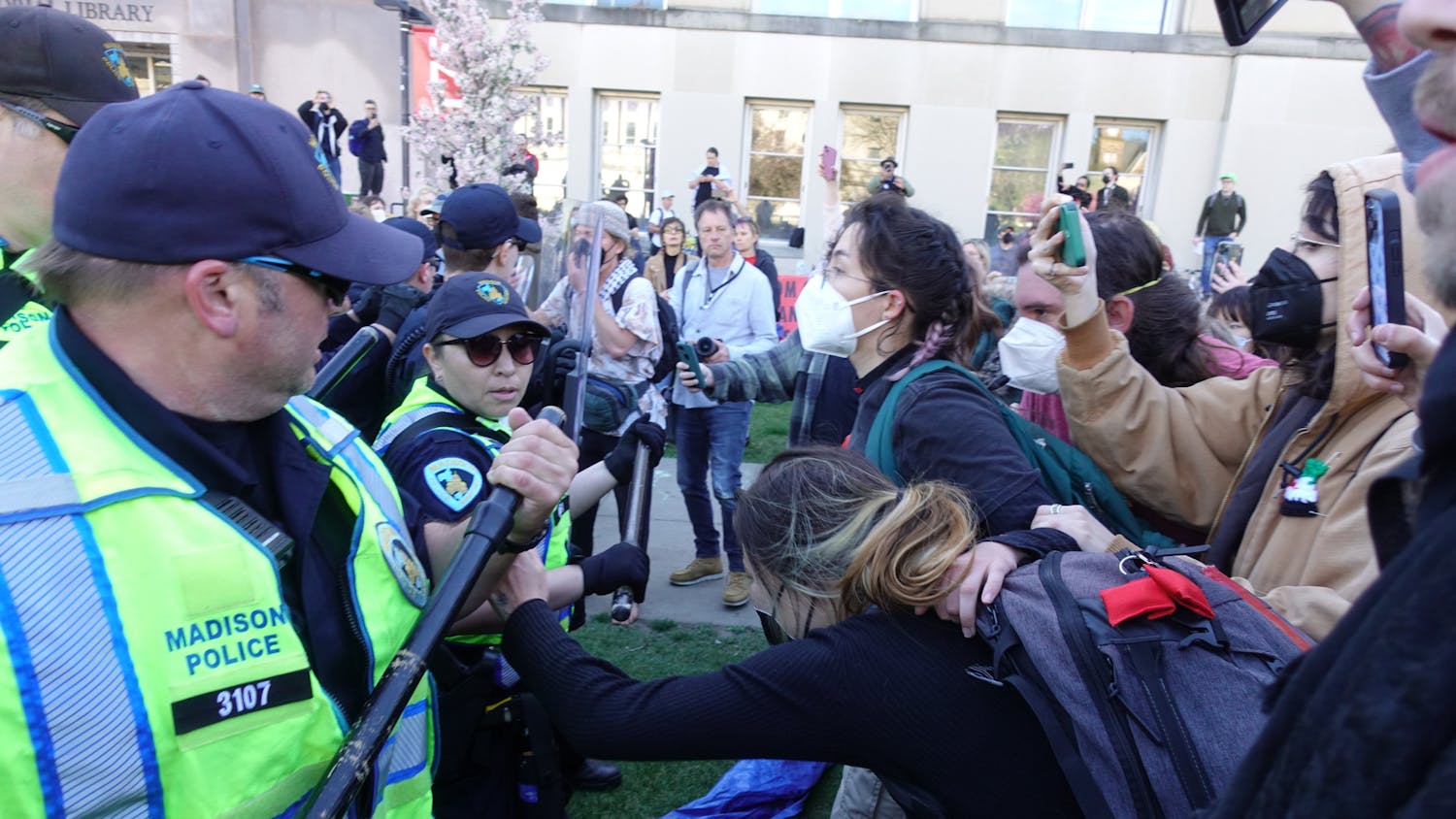When Hurricane Ian approached the coast of Florida in late September, blood centers across the United States made preparations to send available supplies to affected areas.
Among those participating in the national response were multiple blood centers in Wisconsin.
In a release, ImpactLife, a non-profit blood center with locations across the Midwest, announced they had been asked to send shipments of type O red blood cells to Florida as part of their role in the Blood Emergency Readiness Corps.
The Corps is a group of centers across the country that work together to ensure blood is ready and available to parts of the country experiencing emergencies, such as a natural disaster, that would disrupt blood supply.
“[Hurricane Ian] will shut down the local blood centers,” ImpactLife Madison supervisor of donor services Kory Armstrong told News 3 Now. “They won’t be collecting blood. What they have on hand is what they have, and when they run out, they need help from elsewhere. That’s when we come in.”
Heading into Hurricane Ian, blood collection organizations nationwide had an average of one to two days’ worth of blood supply, according to the Association for the Advancement of Blood and Biotherapies (AABB). The Category 4 storm, which left hundreds dead and thousands without power, has strained low inventories in Florida and the Southeast and made transporting blood more challenging.
The AABB strongly urged eligible people in unaffected areas to schedule a blood or platelet donation appointment as soon as possible to maintain a stable and adequate supply of blood and platelets, which could save lives. The need for platelets is especially urgent, given platelets have a limited shelf life of five days, and the breadth and devastation wrought by Hurricane Ian would last longer.
In the release, ImpactLife said they would prioritize local needs before shipping blood components outside of their direct service region, but if they had more donations, they could give more.
Erica Davidson with ImpactLife told News 3 Now the amount of blood the center could ship depended on donation turnout.
“When the need is called upon, and we have surplus, we are able to help out,” Davidson said.
Vice President of Marketing and Donor Relations Amanda Hess said more donations are needed to support Hurricane Ian victims.
“We are asking all potential blood donors and our blood drive coordinators to help us answer the call,” Hess said. “We will need to increase our donations this week and next to continue meeting local needs while also supporting the region affected by Hurricane Ian.”
Gavin Escott is the campus news editor for the Daily Cardinal. He has covered protests, breaking news and written in-depth on Wisconsin politics and higher education. He is the former producer of the Cardinal Call podcast. Follow him on X at @gav_escott.






